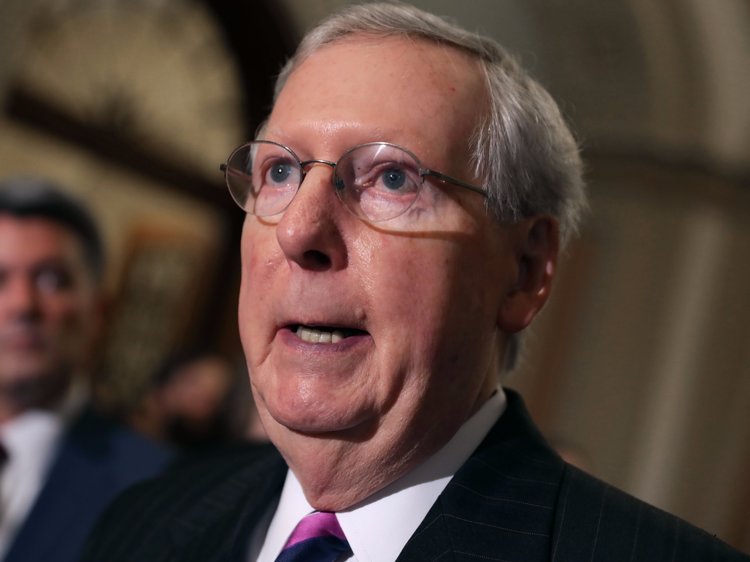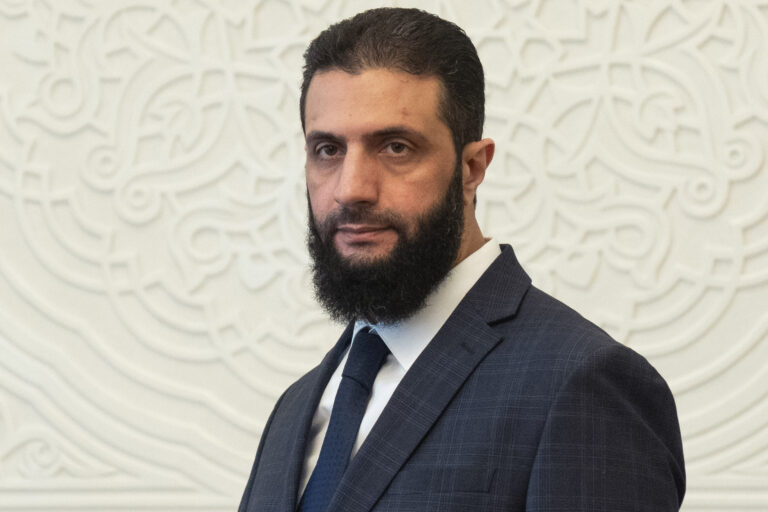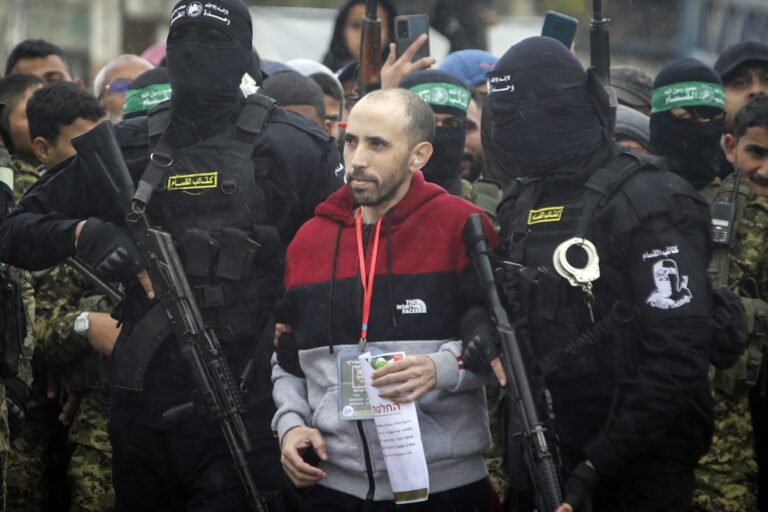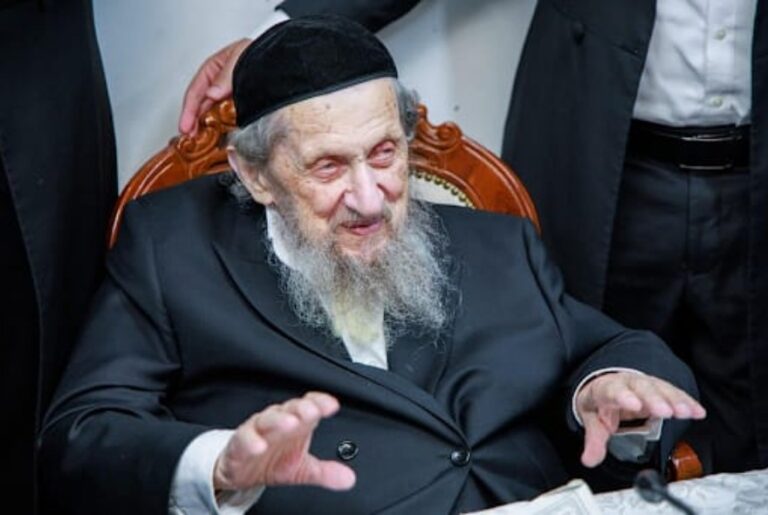The Trump administration is briefing Congress on steps it’s taken to improve election security in the wake of Russian interference in 2016.
Director of National Intelligence Dan Coats, FBI Director Christopher Wray and other officials were scheduled to meet separately with the House and Senate in closed-door sessions Wednesday.
Senate Majority Leader Mitch McConnell, R-Ky., said he welcomed the classified briefings, which Democrats have sought as they press legislation to keep Russia and other foreign adversaries from interfering with the U.S. political system.
Democrats say McConnell has blocked bipartisan bills to ensure Russia and other countries can’t interfere in 2020.
McConnell said the “smooth and secure execution” of the 2018 midterm elections “was not a coincidence” and showed the success of measures the administration has already taken.
While Congress may need to act, McConnell said he’s skeptical of Democratic-passed bills on election security, saying they give too much control over state and local elections to the federal government.
Democrats “have twice passed bills aimed at centralizing election administration decisions in the federal government, in part on the hope that election attorneys — not voters — will get to determine the outcome of more elections,” McConnell said Wednesday.
A bill approved by the House on a largely partly-line vote in late June “would erode long-standing safeguards” that ensure local control of elections, he said.
Democrats dispute that and say urgent action is needed to guard against Russian interference in 2020.
“We know that nefarious foreign and domestic actors continue to meddle in our democratic systems, and we’ve been put on notice that previous efforts were only trial runs presumably for our next election in 2020,” said Rep. Zoe Lofgren, D-Calif., the chief sponsor of the House election security bill.
Senate Democratic Leader Chuck Schumer of New York said the classified briefing was important but “by no means sufficient.”
Congress must “debate and adopt measures to protect our democracy and preserve the sanctity of elections,” Schumer said. He accused McConnell of doing “nothing when it comes to one of the greatest threats to our democracy: that a foreign power would reach in and interfere (with U.S. elections) for its own purposes.”
The bill approved by the House would require paper ballots in federal elections and authorize $775 million in grants over the next two years to help states secure their voting systems. It also would prohibit voting systems from being connected to the internet or wireless technologies and tighten standards for private companies that provide election infrastructure.
The bill is among several proposed by Democrats to boost election security as Congress belatedly moves to respond to Russian interference in the presidential election nearly three years ago.
The GOP-led Senate is unlikely to vote on the bill.
“It’s interesting that some of our colleagues across the aisle seem to have already made up their minds before we hear from the experts that a brand-new, sweeping Washington D.C. intervention is just what the doctor ordered,′ McConnell said.
“I, for one, am looking forward to listening to the experts,” he said.
(AP)












One Response
What kind of “security” could they be talking about? The Russian “interference” in the 2016 election consisted of releasing true and relevant information that may (or may not) have influenced some voters, and of buying a tiny number of ads on Facebook. Both activities are free speech, which our constitution recognizes as a right belonging to all people, not just US citizens. And neither is something that “security measures” could prevent.
NOBODY IS EVEN ALLEGING that anyone interfered with the actual election, in the casting or the counting of the votes. But the Democrats and the press (I repeat myself) are busy insinuating that without actually saying so. By using terms like “election security” in this context they give the uninformed reader the impression that someone broke into voting systems and changed results, or some similar thing, which they know very well didn’t happen.